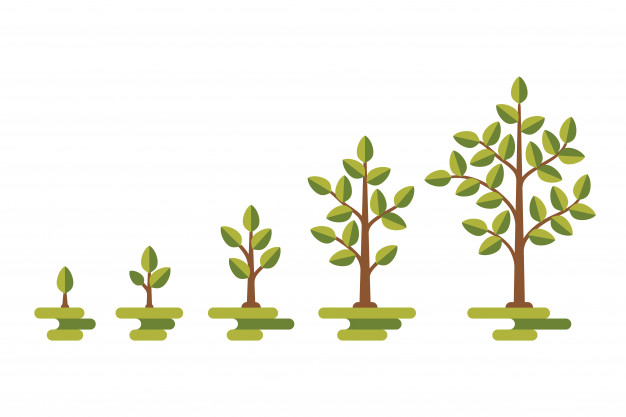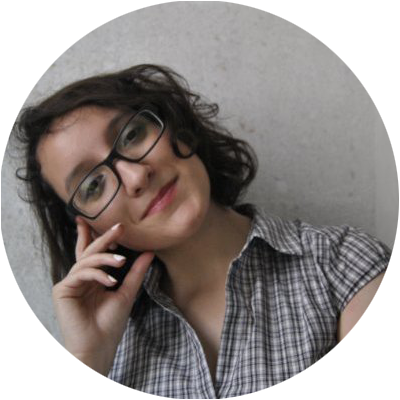… este cuento se ha acabado.
I cannot believe that my first academic year as a Ph. D. student has practically gone by already! — and, with it, I put an end to the FIDU training as well. These are, therefore, my final thoughts after completing and reflecting on all of the tasks comprised by its syllabus. First, I will talk about which teaching competencies I consider that I have been able to further develop or consolidate thanks to the theoretical contents of the online modules, as well as the feedback received from Judit Viñas on the lesson I recorded; then, I will succinctly mention which of those competences still require more work. Lastly, I will enumerate which other teaching skills I have not been able to tackle or improve yet, even if I still deem them goals for my future career, and finish off with some closing remarks regarding my overall experience with the course.
I would say that the two most important abilities that the FIDU training has helped me enhance are my digital competence and my interpersonal skills. These, of course, have also been heavily influenced by the circumstances in which we have been required to teach ever since the lockdown in March 2020 — a complete online format — which constitute, after all, a context that has been incredibly formative. The most tangible consequences of my improved command of ICT resources can be found in (i) my subjects’ Aula Global (Moodle), which went from being a mere repository of didactic materials to a well-structured space wherein students carried out workshops, peer assessments, group discussions, wikis, oral presentations, and so on; and (ii) my use of the Collaborate environment, which I have consistently tried to exploit to the fullest — via breakout rooms, polls, the interactive blackboard, etc. — to make lessons as dynamic as possible (even Judit Viñas commended me for it).

As for my interpersonal skills in an academic setting, besides the contents of the course’s online modules and the pandemic constraints described above, I believe that the fact that I have had the opportunity to teach at university every year since my master’s degree, student evaluations, and the feedback received from the tutor are greatly responsible for their positive development. I feel that I have improved my confidence so much as compared with when I first started teaching, to the point where I am very comfortable cracking jokes and being sarcastic with the students — in short, being myself. Something I still need to work on more, though, is giving validation to the pupils when they do well. So far, I have been making conscious efforts to include positive comments on my feedback, instead of focusing only on what needs to be fixed, but I still should be more enthusiastic with my reactions to in-class questions.
Last but not least, while I have been able to intellectually work on course plan design through the theoretical components of the training, I still have not had the chance to write a syllabus from scratch for a subject since my first and only attempt. Next year, however, I will be in charge of the Spanish Language: Superior Level 2 (55011) plenary classes, so I am eager to mend previous mistakes in this regard and to keep getting closer to being a great teacher. Overall, and very much in tune with what I stated in my reflection on the online modules, I think that the FIDU programme has been a very useful tool, although, if resources allowed it, I would have appreciated, on the one hand, to have face-to-face lessons, and, on the other, to have more classes recorded and assessed by different instructors. Furthermore, a good add-on to the course would have been classroom observations (i.e., to get novel teachers to watch lessons on the subjects they have to teach delivered by senior professors).
Finally, I want to thank Ingrid Sabaté, Elisenda Bernal, Judit Viñas, and CLIK as a whole for the chance to take part in the FIDU programme, their help, and their valuable feedback. You all have a lovely summer!
comments powered by Disqus